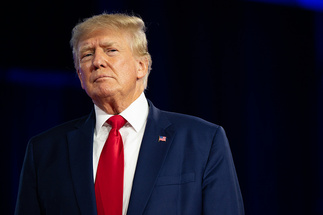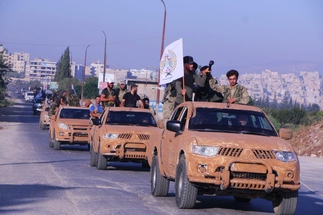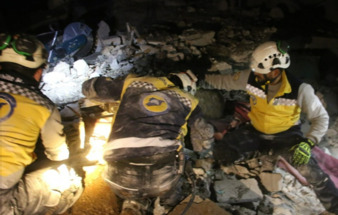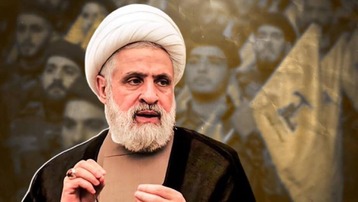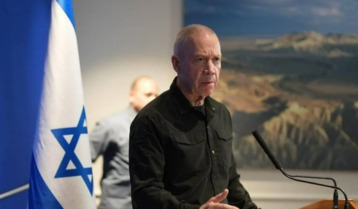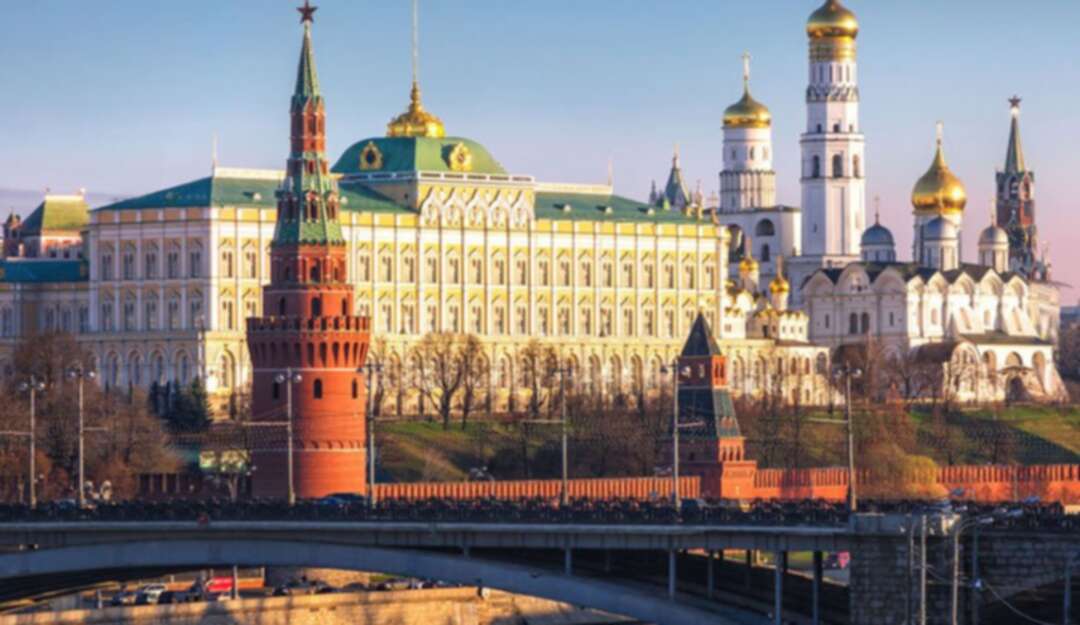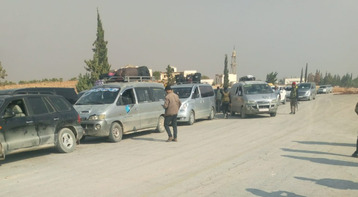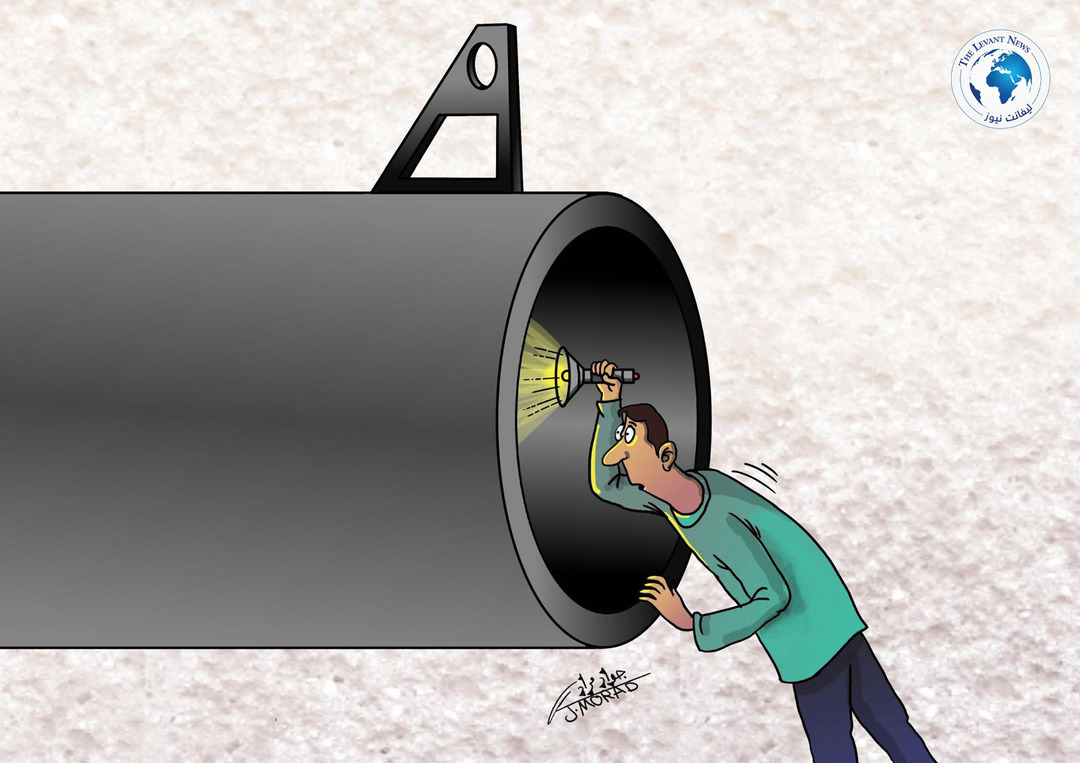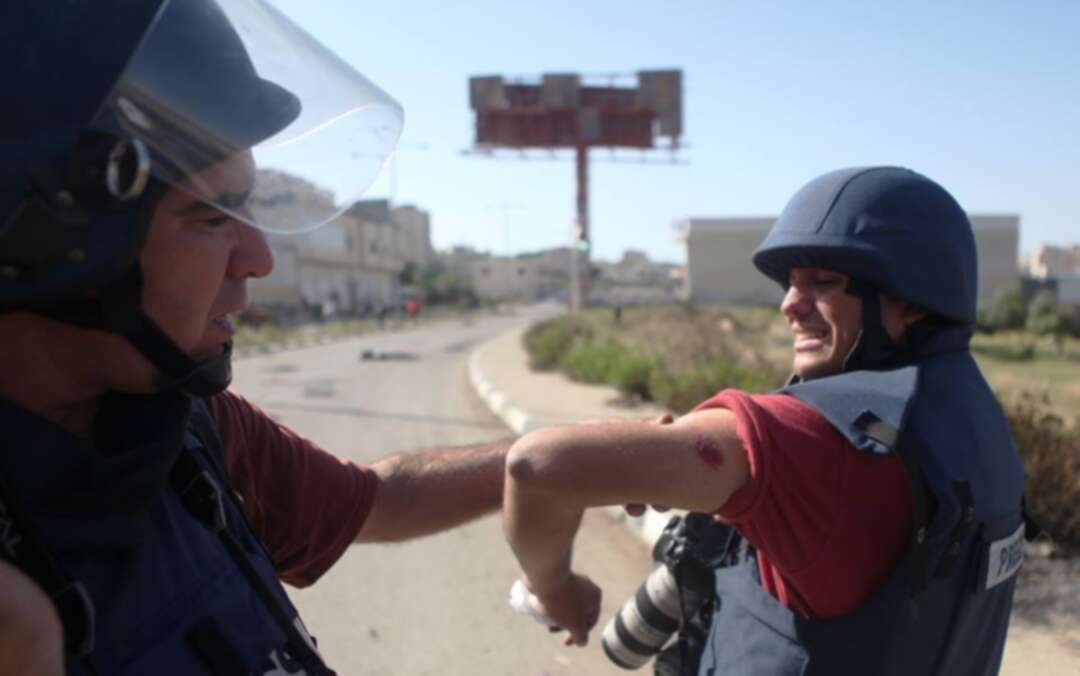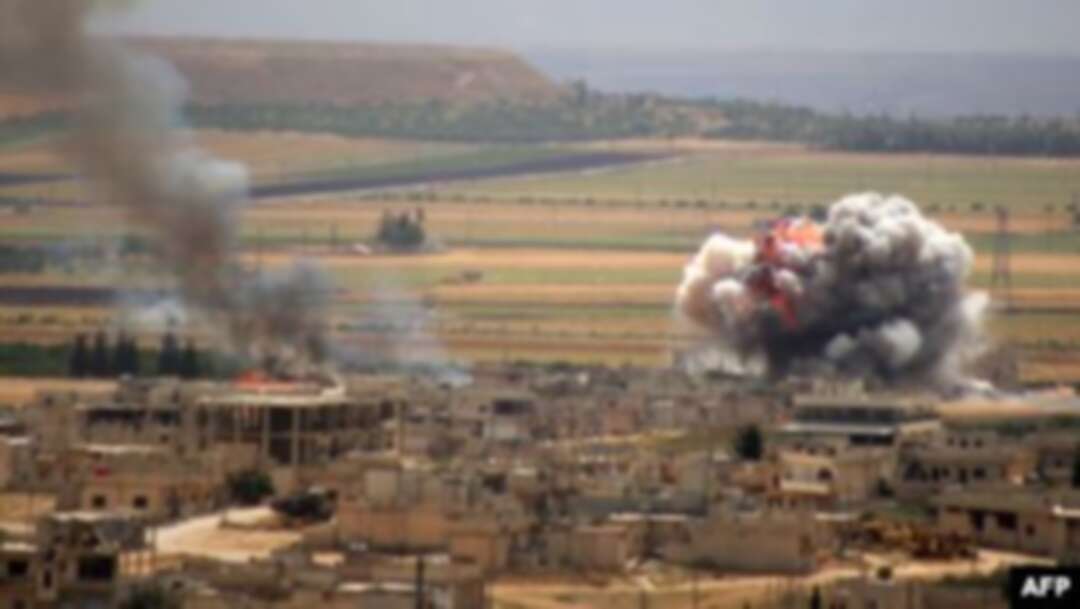-
Qatar Moves Towards More Authoritarianism: Cancellation of Elections and Enhancement of Emir's Powers
-
The move to cancel Shura Council elections shows a clear bias towards strengthening the autocratic system, ignoring popular demands for broader political participation
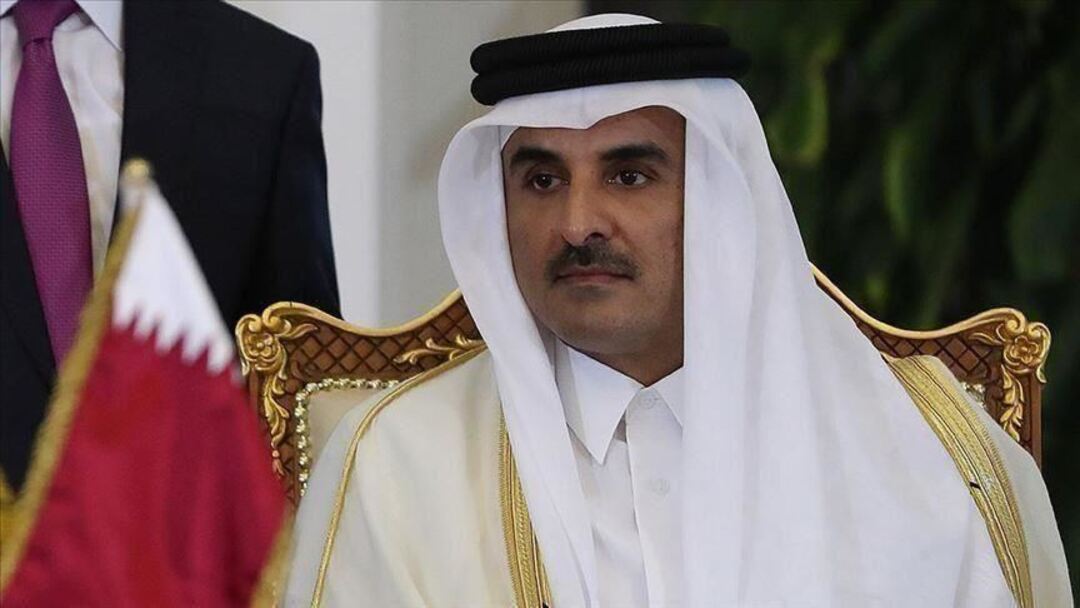
Qatari citizens began participating Tuesday in an exceptional voting process targeting constitutional amendments that would undermine Shura Council elections.
Voters holding Qatari citizenship, estimated at around 380,000 people, will cast their votes on the proposed constitutional changes in the first referendum of its kind in two decades. The Gulf emirate has held quadrennial local elections since 1999, according to Agence France-Presse.
One of the ruling family members, Saud bin Khalid Al Thani, preempted the voting results, telling reporters: "I don't think it will be a majority vote, but it might reach unanimous voting on the constitutional amendment."
He added: "Every country has its own approach that suits it, suits its character, and suits its citizens. We are a country that, thank God, stands united with our leadership and our government".
The Gulf emirate held its first elections in 2021 to choose 30 out of 45 members in the Shura Council, a limited-power advisory body.
Those elections sparked sharp social polarization due to restricting voting rights to a specific category of Qataris. Last October, Qatar's Emir described them as an "experiment," proposing constitutional amendments.
Under the proposed amendments, the authority to appoint all Shura Council members would fall to Emir Tamim bin Hamad Al Thani, who retains ultimate decision-making power.
The Shura Council's powers are limited to proposing laws, approving the budget, and questioning ministers, while the Emir, who holds absolute powers in one of the world's largest LNG exporters, retains veto power.
Hundreds of male voters, wearing the Qatari national dress of white robes, flocked to a polling station near Ahmed bin Ali Stadium in Doha's suburbs to cast their votes in the early hours of polling stations opening.
Political analyst at the Royal United Services Institute, Bara Shiban, noted a regression in the democratic process, saying: "In the early 2000s, Qatar was more committed to greater representation," describing the current path as a "retreat."
The UK-based expert stated: "There was a silent discussion in the Middle East in the 2000s about stability versus democracy, which peaked in the 2011 Arab Spring uprisings. These two narratives have been competing for more than a decade, and now the narrative of achieving more stability is winning, but I think this discussion will continue."
These rapid developments in Qatar reveal a clear trend toward undermining limited individual rights, in a move reflecting the ruling family's desire to strengthen its grip on power.
Observers expressed deep concerns about the implications of this authoritarian trend, noting that the cancellation of legislative elections will deepen the gap between the ruling elite and the general Qatari public.
Estimates indicate that concentrating powers in the Emir's hands will lead to further political marginalization of citizens, at a time when voices calling for broader public participation in decision-making are rising.
Levant-Follow up
You May Also Like
Popular Posts
Caricature
opinion
Report
ads
Newsletter
Subscribe to our mailing list to get the new updates!

